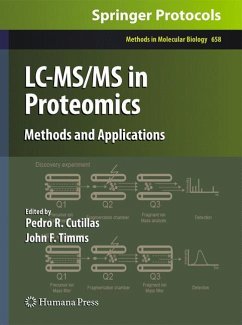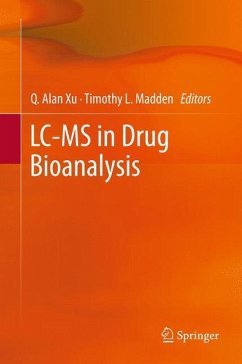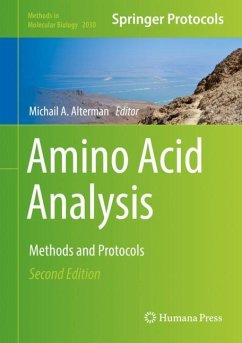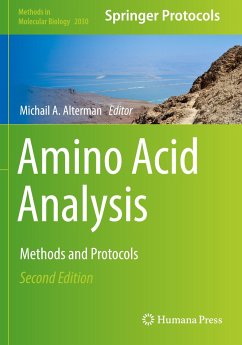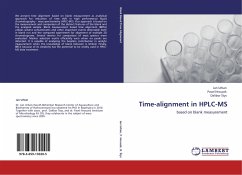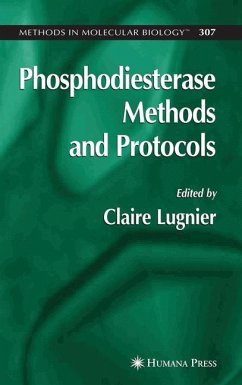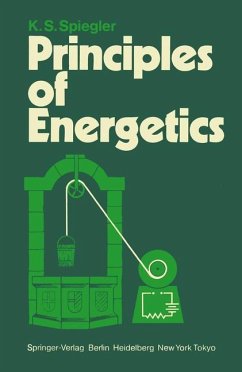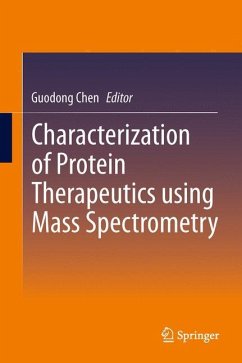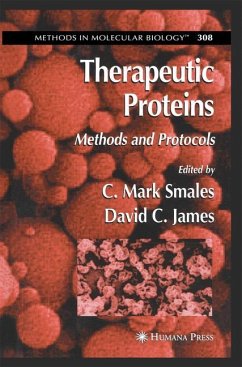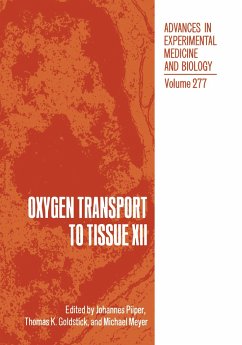
LC-MS analysis based on probabilistic approach
Versandkostenfrei!
Versandfertig in 6-10 Tagen
53,99 €
inkl. MwSt.

PAYBACK Punkte
27 °P sammeln!
Liquid chromatography (LC) in tandem with mass spectrometry(MS) is a measurement tool for obtain information about the compounds in the investigated extracts. There were already developed methods for processing and analysis of measured data sets. However, only partial problems of processing/analysis task were handled independently. Therefore, the first part describes existing methods and techniques commonly used in the LC-MS for the processing and analysis today. In this book an approach based on the theory of systems is used for description of abstract model above the measured data. This mode...
Liquid chromatography (LC) in tandem with mass spectrometry(MS) is a measurement tool for obtain information about the compounds in the investigated extracts. There were already developed methods for processing and analysis of measured data sets. However, only partial problems of processing/analysis task were handled independently. Therefore, the first part describes existing methods and techniques commonly used in the LC-MS for the processing and analysis today. In this book an approach based on the theory of systems is used for description of abstract model above the measured data. This model encapsulated all processing/analysis steps into appropriate and consistent mathematical space. The creation of this model via description of the measurement device and data outputs is introduced. Abstract model of LC-MS data set is used to decompose themeasurement into three partial contributions, the analyte signal, the random noise and the systemic noise. The separation process of the signal could be estimated using the probabilistic approach.



